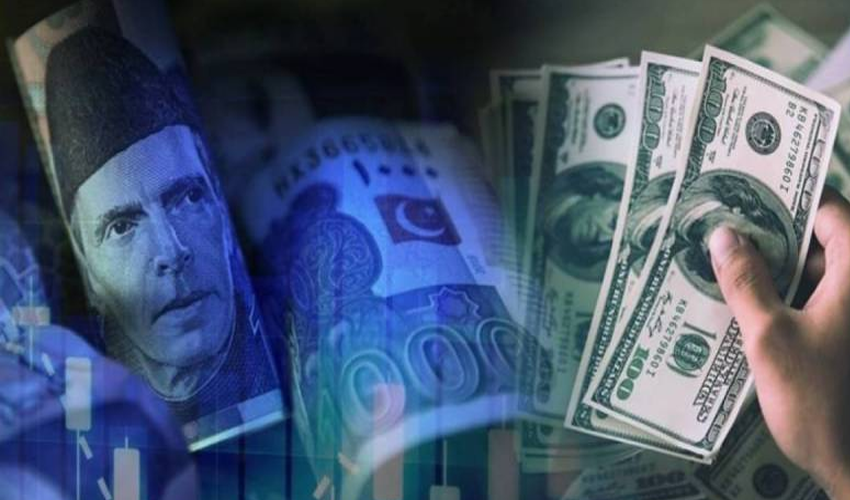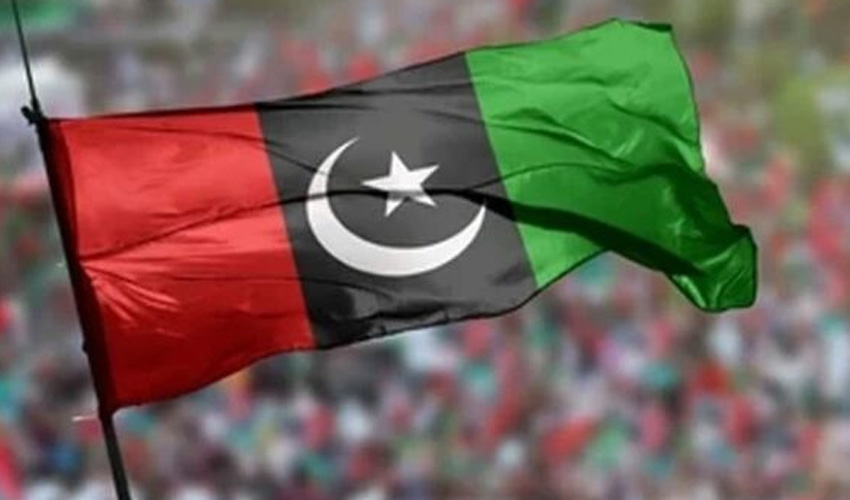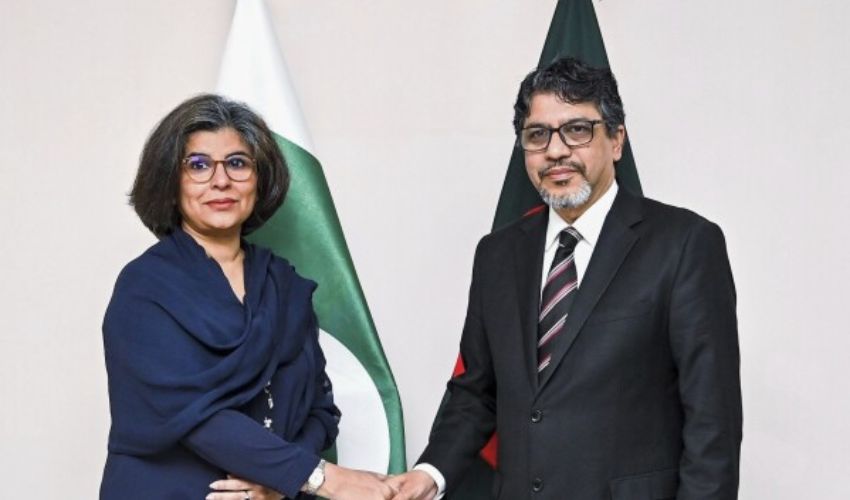In a move to combat the hoarding of foreign currency and address the ongoing dollar crisis, the State Bank of Pakistan (SBP) has announced mandatory biometric verification for individuals making purchases of $500 and above from exchange companies.
The decision was unveiled during a meeting of the Special Investment Facilitation Council (SIFC) Apex Committee earlier this month, where top officials of the central bank presented the measure as part of comprehensive reforms in the exchange companies sector.
Facing a shortage of dollars due to insufficient exports and remittances, Pakistan has been compelled to pay a significant portion of its reserves to settle import bills.
To counteract this situation, the SBP has taken several steps, including reducing the US dollar purchase limit for travelers from $10,000 to $5,000 annually, and a further reduction from $60,000 to $30,000 for yearly limits.
Under the new regulations, any customer purchasing $2000 or more from exchange companies will be required to make payments from their Pakistani Rupee accounts.
Additionally, individual buyers will now have a daily limit of $10,000 and an annual limit of $100,000 for US dollar purchases.
Central Bank's take
The SBP emphasised that the biometric verification requirement aims to deter hoarding and ensure transparent foreign currency transactions.
The move is part of a broader initiative to reform the exchange companies sector, which has been marred by illegal practices and contributes to the prevailing economic challenges.
To enforce these reforms effectively, the Federal Investigation Agency (FIA) will collaborate with the SBP and other stakeholders to launch a crackdown against illegal foreign exchange operators.
The regulatory measures are expected to be made public after receiving approval in the next SIFC meeting.
In response to the dollar crisis, the government has intensified efforts against dollar smuggling and hoarding. Last year, a crackdown was initiated when the dollar crossed the Rs300 mark in both interbank and open markets.
The Ministry of Interior has since compiled a list of groups involved in these illicit activities, targeting facilitators and their patrons within the government.



























